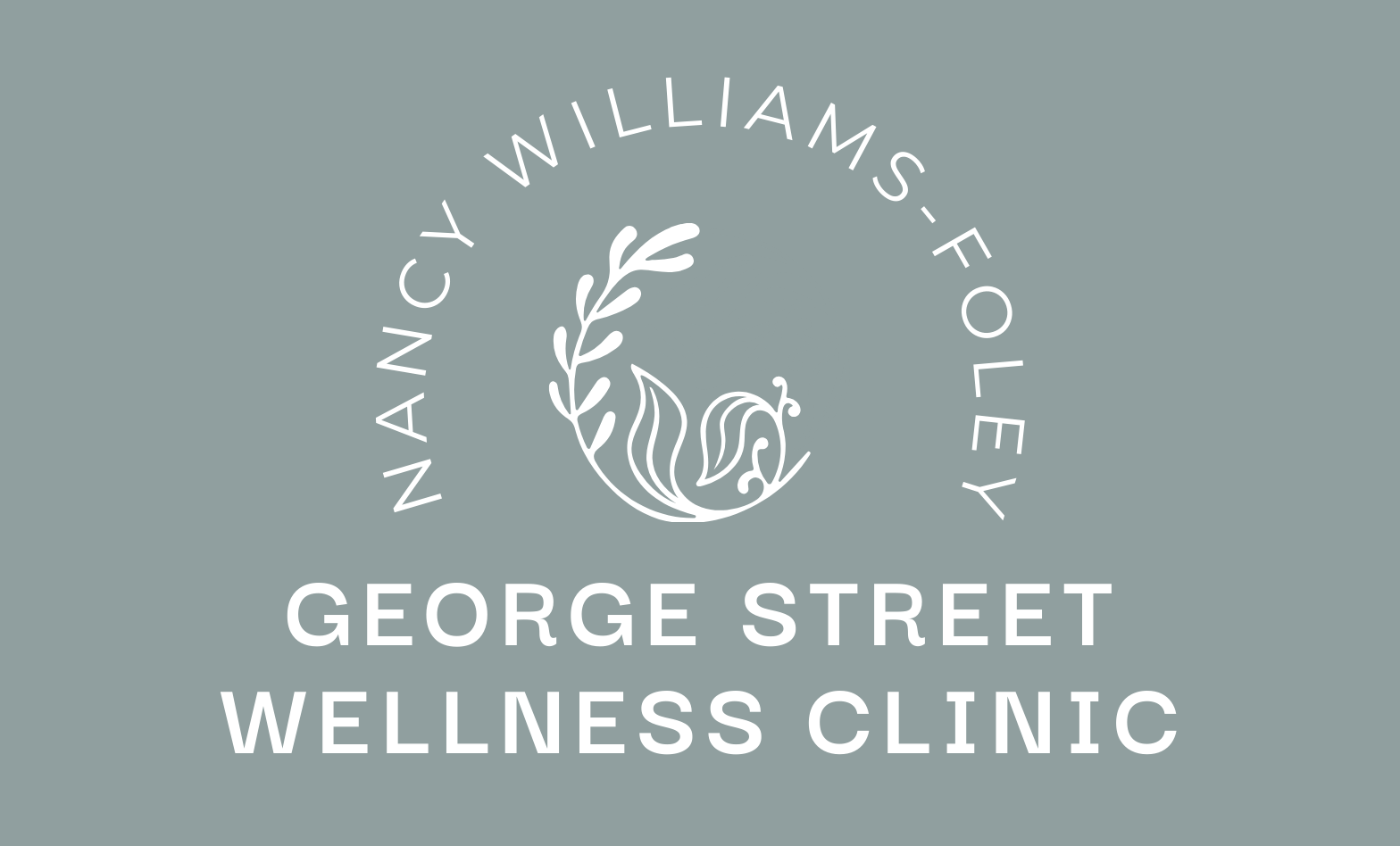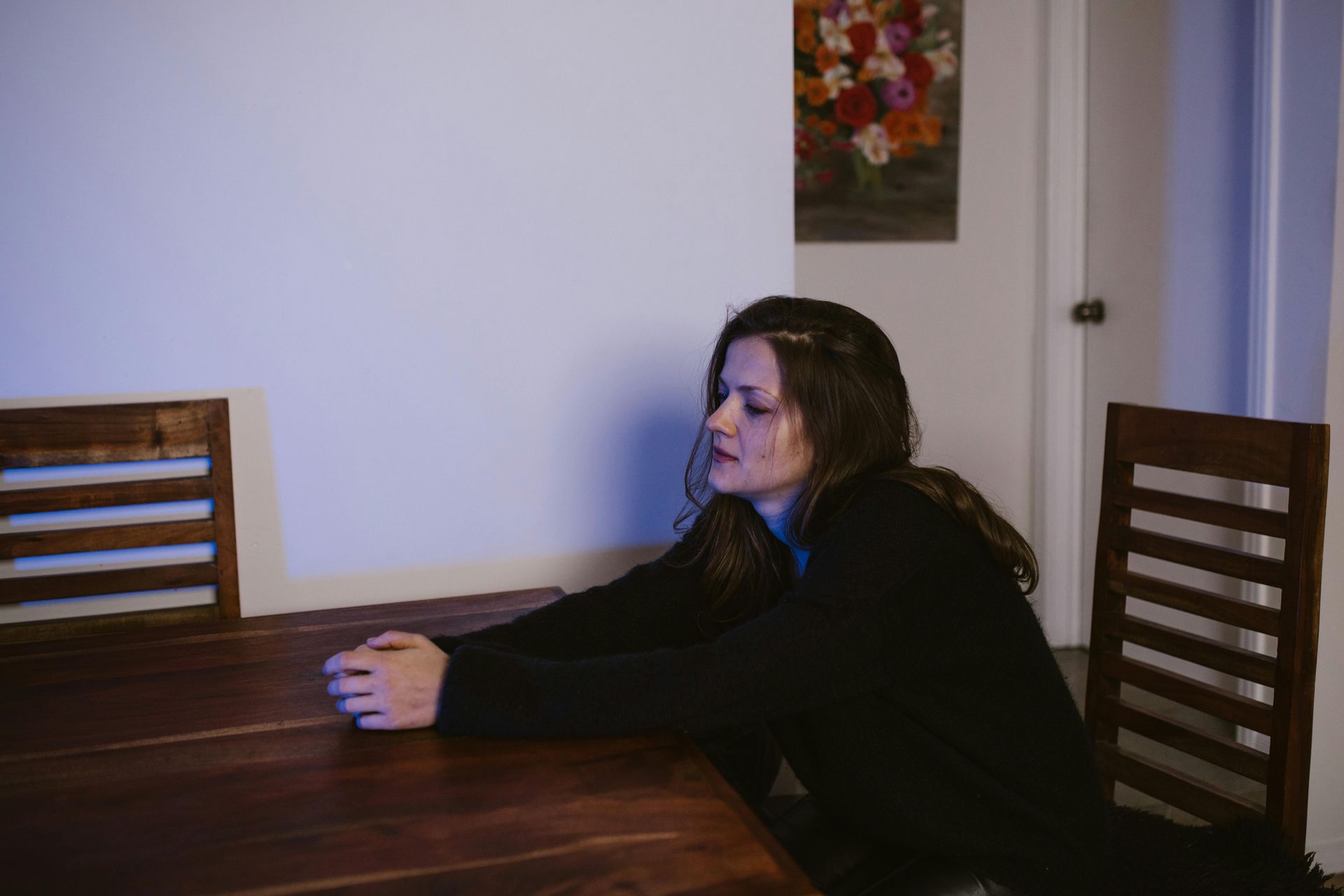Different Kinds of Rest: What Your Nervous System Might Actually Be Craving
You’ve probably heard the advice: “Just rest more.” But what if you’ve already tried that and still feel drained?
You take a break. You sleep in. You cancel plans. And yet… the exhaustion doesn’t really lift. That heavy, foggy, emotionally tired feeling lingers.
If that sounds familiar, you’re not doing rest wrong — you might just need a different kind of rest.
Why One Type of Rest Isn’t Enough
When we think of “rest,” we usually think of physical rest - sleep, lying down, doing less. And while that’s important, our nervous system and emotional health need more than one form of rest.
Burnout, overwhelm, and emotional fatigue don’t just come from physical exertion. They come from sensory overload, emotional labour, decision fatigue, social demands, and mental noise.
So it makes sense that true recovery needs to be more than just a nap or a quiet night in. Your system might be craving a specific type of rest you didn’t know you needed. Let’s explore them.
1. Physical Rest
This is the rest we know best - sleeping, napping, lying down, taking pressure off the body. It also includes active rest: gentle movement, stretching, acupuncture, or bodywork that soothes rather than stimulates.
You may need this if:
- Your body feels sore, tight, or heavy
- You’re sleeping poorly
- You wake up already tired
2. Sensory Rest
Our senses are constantly processing - lights, screens, background noise, phone alerts, people talking. Even enjoyable things can become overstimulating when we never unplug.
Try:
- Turning off notifications
- Sitting in low light or darkness
- Spending time in quiet outdoor spaces
- Eye pillows, warm compresses, or sound-reducing headphones
You may need this if:
- You feel easily startled, irritated, or overstimulated
- You crave silence or solitude
- You feel worn out by screen time or busy places
3. Mental Rest
This is for the racing thoughts, decision fatigue, endless lists, and mental loops. Your brain may be tired from thinking, planning, analysing, or over-managing your day-to-day.
Try:
- Journaling to “offload” thoughts
- Mindfulness practices
- Doing a repetitive, calming task like knitting, walking, or colouring
- Taking micro-pauses throughout your day
You may need this if:
- You struggle to focus
- Your brain feels “full” or foggy
- You’re overwhelmed by decisions or small tasks
4. Emotional Rest
Sometimes the exhaustion isn’t in your body or mind - it’s in your heart.
Emotional rest means having safe places where you don’t have to perform, people-please, or hold it all together. Where you can simply be.
Try:
- Counselling or talking to someone who truly listens
- Writing without censoring yourself
- Saying “no” without guilt
- Letting yourself feel, cry, or rest without fixing
You may need this if:
- You feel like you’re holding in emotions
- You’re the “strong one” for everyone else
- You haven’t felt seen or heard in a while
5. Social Rest
Even the most caring people can drain your energy. Social rest is about spending time with those who replenish you, or taking space when needed.
Try:
- Limiting time with draining people
- Spending time alone without guilt
- Connecting with those who truly “get” you
- Letting yourself be quiet in social settings
You may need this if:
- You feel depleted after socialising
- You crave connection but also feel exhausted by it
- You feel like you’re constantly “on” around others
6. Creative Rest
This isn’t about being artistic - it’s about rekindling wonder, curiosity, and joy. Creative rest gives your brain and heart permission to enjoy beauty without pressure to produce.
Try:
- Looking at art, nature, or something that inspires you
- Playing or experimenting with colour, sound, or movement
- Giving yourself permission to be curious instead of “useful”
You may need this if:
- You feel uninspired, dull, or stuck in routine
- You’ve lost interest in things you once enjoyed
- You’re in a creative job and feel tapped out
So… What Kind of Rest Do You Need?
If you’re still feeling tired despite “resting,” ask yourself: What type of fatigue am I actually carrying?
It’s okay if you don’t know right away. Just noticing what feels missing is a powerful start. True rest is not about doing nothing, it’s about giving your system what it actually needs to feel safe, nourished, and gently supported.
At the clinic, I often work with clients who don’t just need to talk or sleep, they need their nervous system to feel safe again.
Through acupuncture, EFT, and counselling, we create a space where all forms of rest, emotional, physical, sensory, and mental are invited in.
Because real healing doesn’t come from pushing harder. It comes from meeting your needs with care and curiosity. If you would like to book an appointment, please click here.












